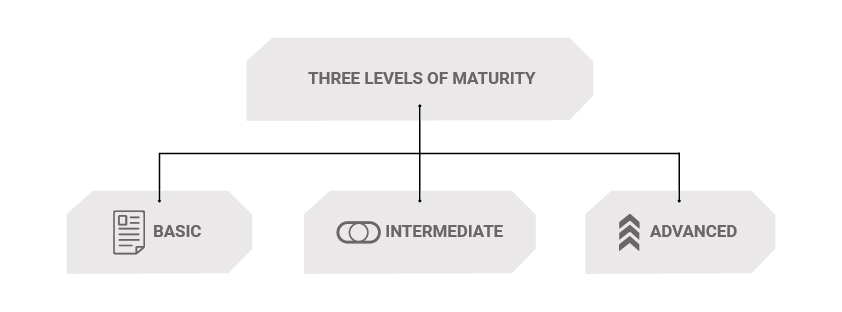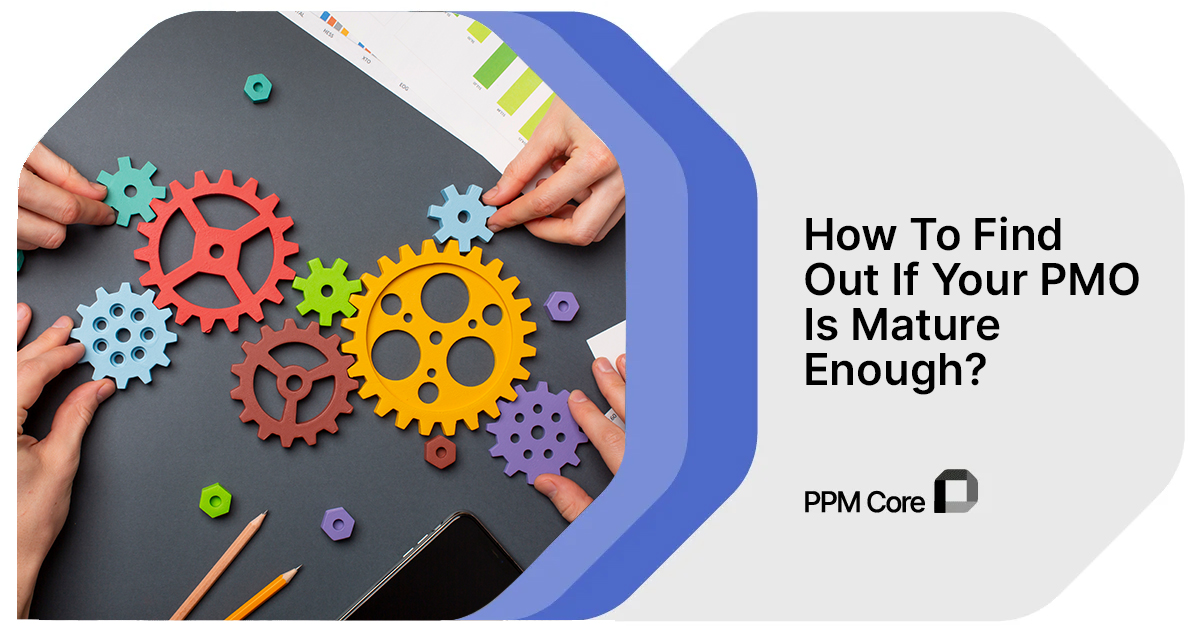Project management offices (PMOs) are crucial to the selection, implementation, and management of projects in the field of business project management. For more effective operations, it is necessary to look into the realm of PMO maturity, a topic that the Project Management Institute (PMI) has discussed extensively.
Their annual Global Congresses have featured a variety of informative papers, with a standout being the practical guide titled “Assessing PMO Maturity” dating back to 2012.
The Three Dimensions of PMOs
PMI classifies PMOs into three types: project- or program-focused, department-focused, and enterprise-focused. Each PMO type serves unique functions—operational, tactical, and strategic. However, the correlation between PMO types and functions isn’t a straightforward match. Project-based PMOs aren’t exclusively operational, and departmental PMOs aren’t solely tactical. The maturity of each PMO across functions depends on its specific mission.
The Nuances of PMO Maturity
Contrary to the belief that PMOs mature as they evolve from operational to tactical and finally strategic, the reality is more nuanced. PMO maturity is defined by its ability to generate value for clients and the organization as a whole. Stakeholders, including executives, PMO management teams, and actual clients, each have different priorities. The executive, as the primary budget allocator, holds a central role, but understanding all stakeholders’ priorities is crucial.
The PMO Maturity Cube: Assessing Progress
To assess PMO maturity, a cube model is employed, considering three levels of maturity (basic, intermediate, and advanced), three functions (operational, tactical, and strategic), and three types of PMO (project or program, departmental, and enterprise). While the calculation of scores is secondary, the act of contemplating PMO maturity in this structured manner facilitates a quicker understanding of areas that could benefit from accelerated maturation.

Investing in the Right Tools for Maturity

Do you find this article interesting?
Subscribe to our Newsletter for updates on the latest blog articles.
Janet Liao’s insights, highlighted in the PMI paper “Growing Pains” from 2007, emphasize that PMO maturity is contingent on measuring key performance factors such as budgets, schedules, resources, change requests, and lessons learned. The use of an enterprise project portfolio management tool is advocated for data gathering, resource management, and cost tracking.
The Software Tool Imperative
Investing in a software tool, akin to learning to ride a bicycle, is a crucial step. While it’s beneficial to read about it beforehand, true understanding and appreciation come when you engage with the tool. Utilizing a software package catalyzes PMO maturity, revealing operational strengths and areas requiring additional investment.
The Fundamental Role of Software in PMO Maturation
A PMO’s maturity is intricately tied to the use of a software tool, providing a platform to capture and analyze data. The impossibility of PMO maturation without such a tool underscores the importance of software in enhancing processes and refining predictions.
With PPM Core’s portfolio management capabilities, you can easily keep an eye on important project details and see how your projects are doing over time. This tool can be really helpful in understanding where your PMO stands in terms of maturity and finding ways to make things better.. For those seeking further insights, notable PMO books and Gartner’s PPM Magic Quadrant provide valuable perspectives. As we navigate 2024, Gartner’s updated PPM Magic Quadrant beckons exploration, emphasizing the continued relevance of strategic tools like PPM Core in the evolving landscape of project and portfolio management.
Elevate your PMO maturity with PPM Core — where transformative insights meet operational excellence.


